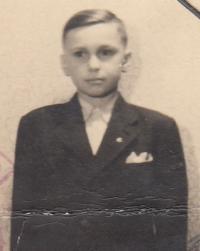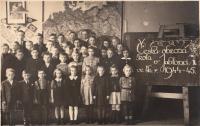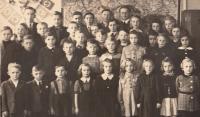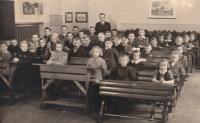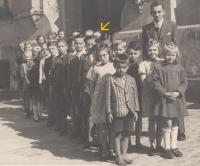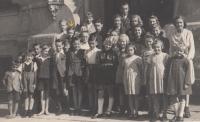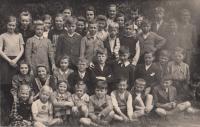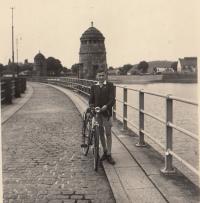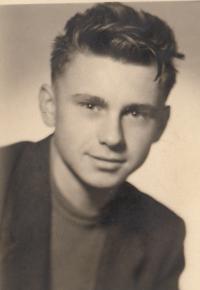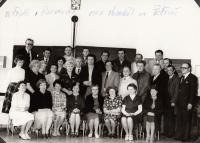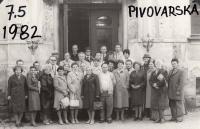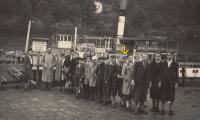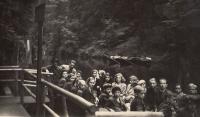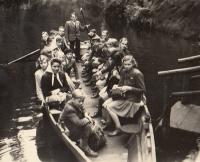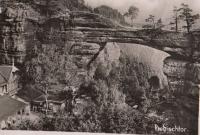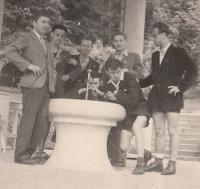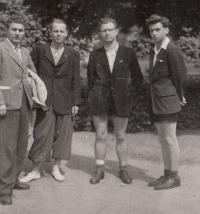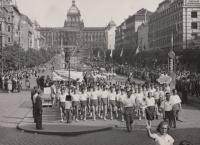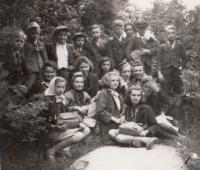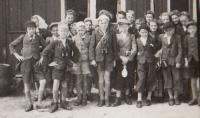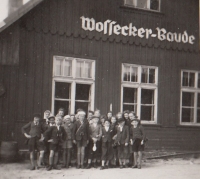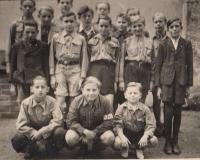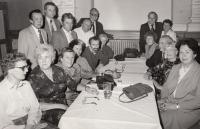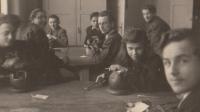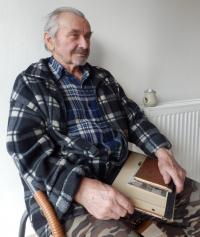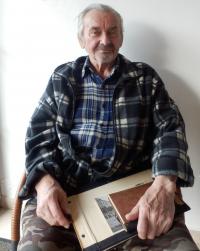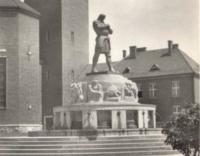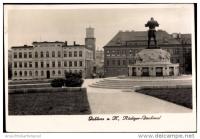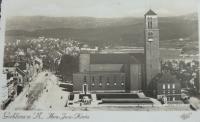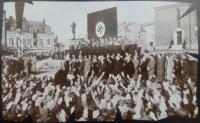When our school inspector came into the classroom, we had to sing Deutschland, Deutschland über alles

Download image
Josef Tvrzník was born on 21 March, 1931 in Jablonec nad Nisou. As a young boy he experienced an increasing tension amongst Czechs and Germans. He witnessed many marches and gatherings of Henlein fans and fanatised Germans. During war he attended a Czech single class school in otherwise German school in Pivovarska streed in Jablonec. He remembers liberation of the town by the Red Army. After war he studied High School of Artistic Technology and later started working in Jablonec as a toolmaker and engraver at the national administrator in Lučany nad Nisou. During 1952-1954 he served a basic military service at the mechanised unit in Jince in Brdy, where he participated in creating an army running unit Dukla Jince. Since 1954 he worked in a companz Naveta as a toolmaker for five years. He described a fall and liquidation of bijou industry in Jablonec after 1948. In 1959 he started as a teacher of engraving and technical subjects at the Secondary School of Artistic Technology in Jablonec. In 1972-1976 he did distant studies of pedagogics and technical educationat the Charles University in Prague. In 1991 he retired. Until 2005 he continues in his pedagogic praxis as an external teacher at the Secondary School of Artistic Technology in Jablonec nad Nisu. Currently lives in Liberec-Radčice.
